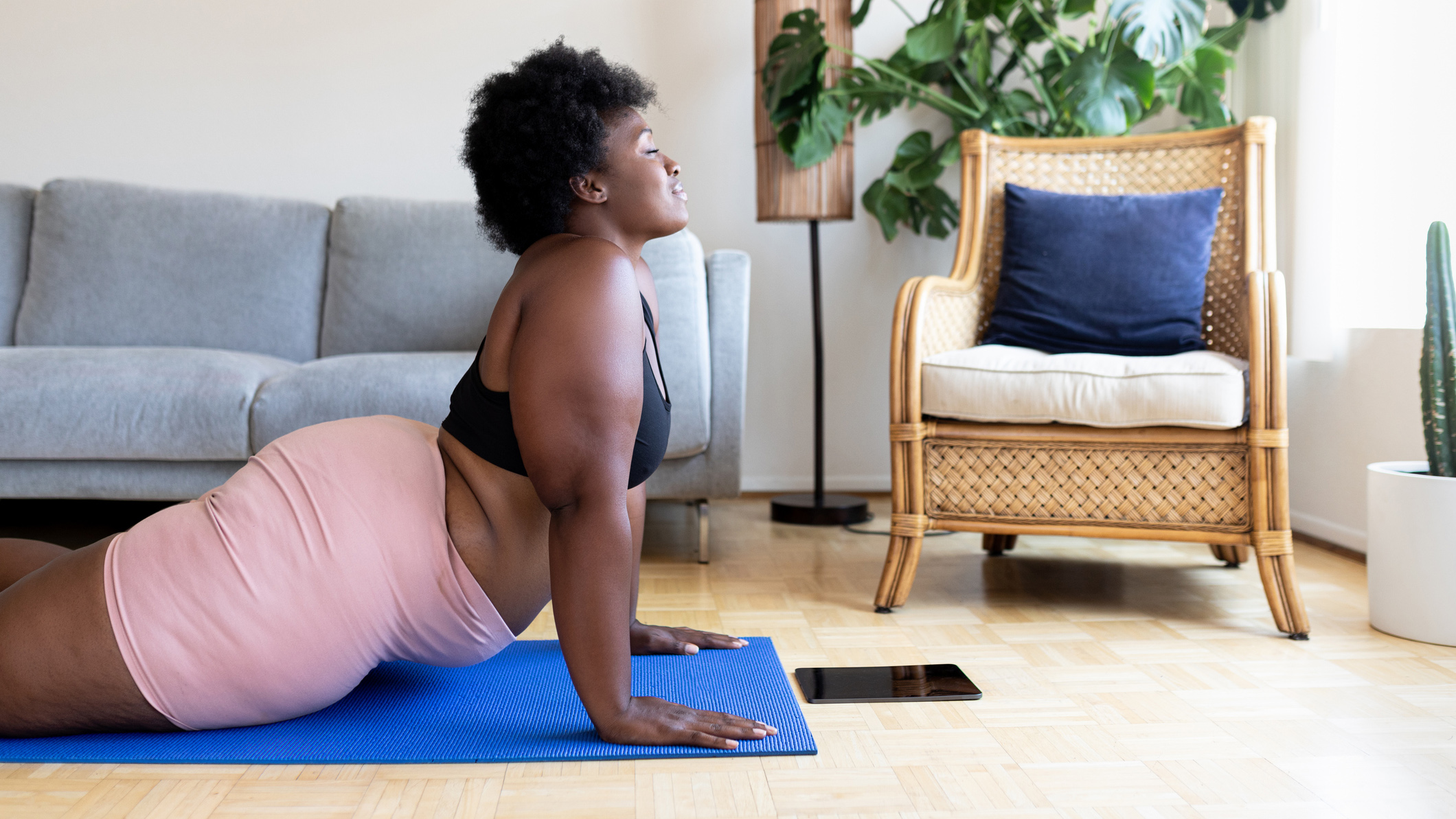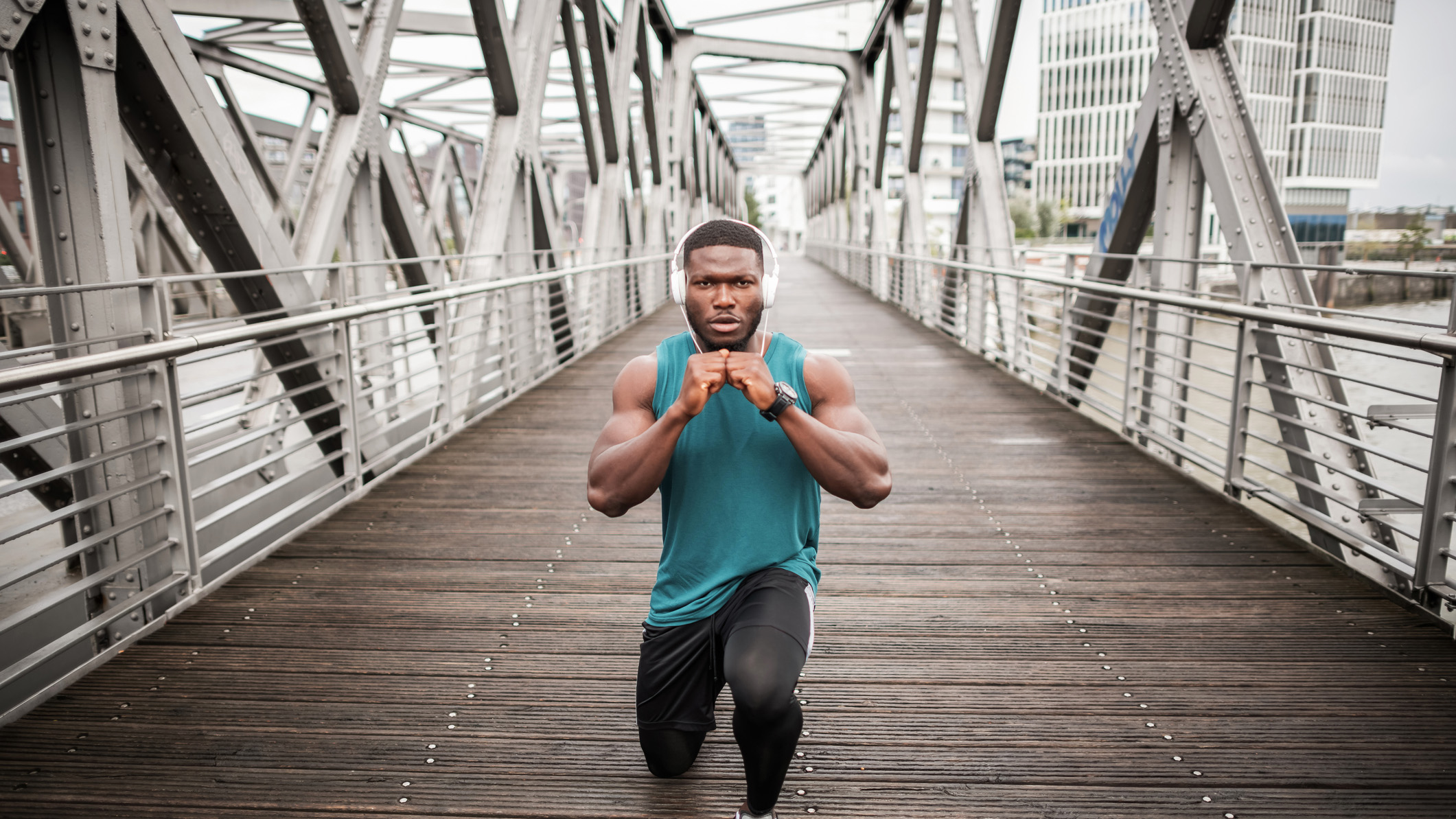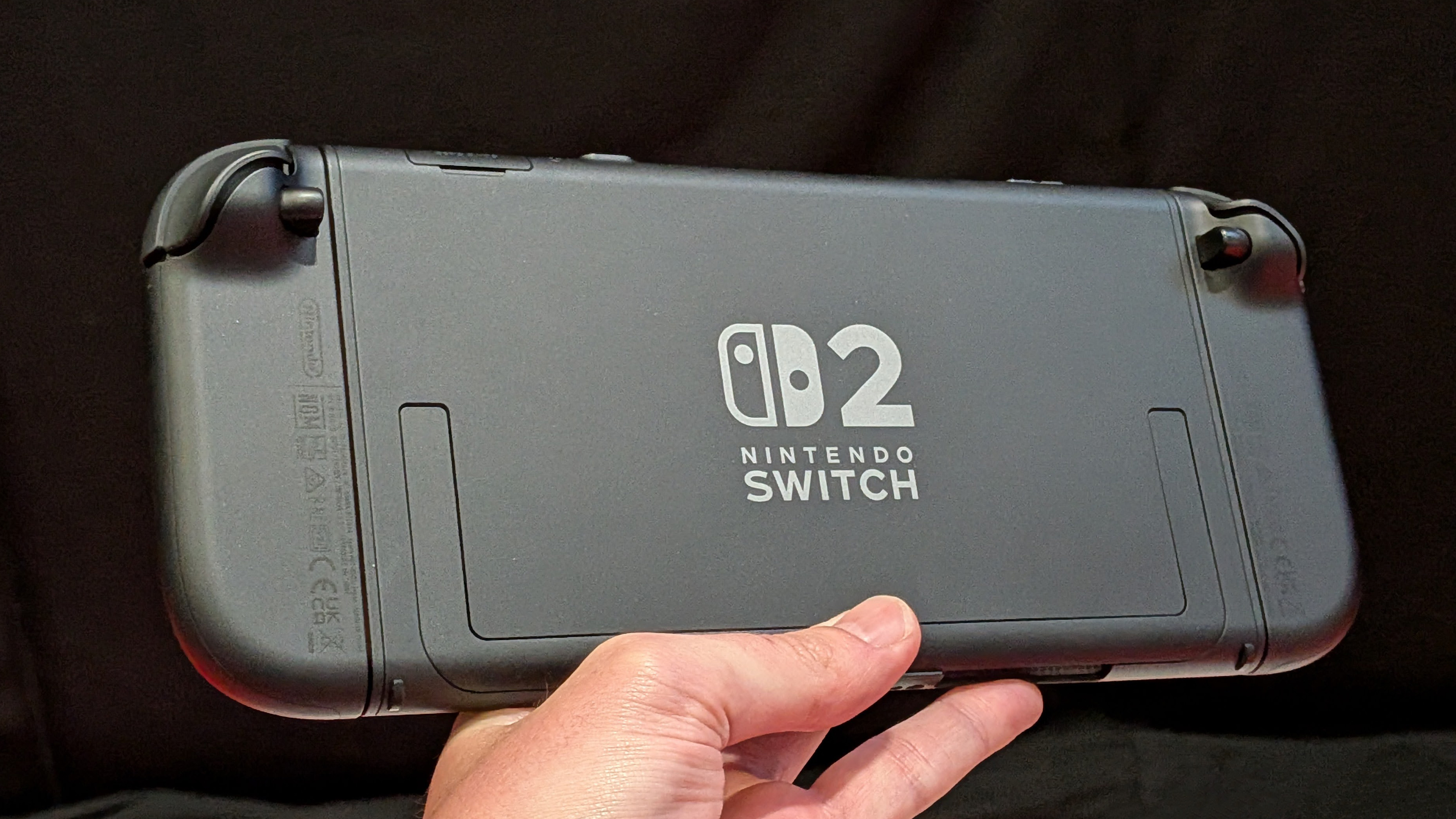

You must have heard this a thousand times already: 'you need to boost your metabolism if you want to lose weight'. And while this statement is partially true, finding out how to speed up metabolism to aid and maintain weight loss in a sustainable way is not an easy task to undertake.
To confuse things even more, most people will either say it's impossible or super easy to speed up metabolism: neither of these is true. Lifestyle changes don't happen overnight but they aren't impossible or particularly hard to implement either, as long as you keep to it.
We've already discussed how to boost metabolism here on T3, and although that article covers a lot of ground, there are always more ways to lose weight and get you fit, some of which are listed below, courtesy of the experts at Love Yourself, a food delivery brand that makes freshly prepared food with no additives and delivers to doors in the UK.
But before we get to share some of the expert's best metabolism-boosting tips, it's worth clarifying what metabolism means in the first place?
- 7 signs of an unhealthy gut, according to a food expert
- 5 simple protein blender smoothies to supercharge recovery after exercise
- Everything you thought you knew about metabolism is wrong according to this long-term study
What does ‘metabolism’ even mean?
Metabolism refers to the process of converting calories you eat into energy. Your cells metabolise food into the energy you can use to function. Of course, this is a very simple way to explain the metabolic process but in a nutshell, this is what the word 'metabolism' refers to.
Your metabolism is not constant and a lot of factors play into how 'fast' it is. You've probably heard that exercising helps to increase metabolic rate (more on this shortly) as well as drinking plenty of liquids. A fast metabolism can help shift stubborn fat, among other things.
Conversely, certain lifestyle choices can slow down metabolism, including poor sleep quality, extreme diets, stress and so on. Eliminating and/or improving these can help you kick start metabolism which in turn will help you live a more balanced life. Cutting back on certain substances such as alcohol could also help. Cutting alcohol for weight loss is a good idea for more than just one reason.
Sign up to the T3 newsletter for smarter living straight to your inbox
Get all the latest news, reviews, deals and buying guides on gorgeous tech, home and active products from the T3 experts

What affects your metabolism?
Contrary to popular belief, the best way to burn more calories is not exercising until you collapse but increasing your basal metabolic rate or BMR for short. BMR is the number of calories you need to maintain your body in a rested, fasting state. It’s affected by your gender, age, size, muscle mass, genetics, and health-related factors. Your BMR accounts for 60-70% of the total calories you burn each day.
Activity levels also affect metabolism. You probably don't need to be told, but the more active you are throughout the day, the more calories you burn. Again, this doesn't mean you have to work out all day: being more active means standing up from your desk frequently and walking to work instead of driving there. Your activity level accounts for about 20% of the total calories you burn each day.
Digesting also requires energy. The so-called food thermogenesis is the number of calories you need to digest and absorb your food. This involves the act of chewing but also the work your stomach and guts put into breaking down food for energy. Food thermogenesis accounts for about 10% of the total calories you burn each day.
As you can tell, increasing your BMR is your best option for improving metabolism and aren't you lucky as BMR is adaptable and will increase or decrease to provide for your body’s needs.
Below are some of the strategies you can implement to tackle slow metabolism: incorporating these into your everyday lifes will have a positive effect on your metabolism.

5 ways to combat slow metabolism for better weight loss results
Strength Training
For the best results, aim to train at least 2-3 times per week (body-weighted exercises are great). Adding muscle mass increases your BMR, allowing you to burn more calories even when you’re not exercising. And no, you won't get as big as a bodybuilder just by doing moderate resistance training few times a week.
To get you started, check out these resistance band exercises and this callisthenics workout for beginners. Forget ab crunches: you need compound exercises that utilise multiple muscle groups at the same time. Think push-ups, not biceps curls.
Increase your heart rate
These are your cardio workouts, including running, swimming and cycling. Exercising at higher intensities allows you to reap the benefits of “afterburn,” a phenomenon where you burn extra calories post-exercise. To benefit from this effect, you should move at a pace where it’s difficult to talk. If you can push a little harder, then do so.
You might need a fitness tracker, running watch or heart rate monitor to track heart rate during exercising. HIIT workouts are great for increasing heart rate in a short amount of time; no need to torture yourself with the Fiit Boss Level if you don't want to.

Eat enough high-quality protein
Legumes, nuts, seeds, poultry, and fish are among some of the best protein sources. These sources supply amino acids to your muscles post-workout so that they can repair and grow.
Alternatively, you can give protein powders, protein bars and mass gainers a try. We wouldn't recommend covering all your protein needs with these supplements and snacks, but they are convenient enough to be used when you're in a hurry and don't have time to cook. If you have more time to whisk something up, try these 5 simple protein blender smoothies to supercharge recovery after exercise.
Keep well hydrated
Water is important as all the chemical reactions in your body require water, including those that burn calories. You don't have to drink gallons of water, but it's more than likely your body could use a bit more water than what you drink now.
Having a reusable water bottle at hand can remind you to drink more often, but some wearables, such as the Garmin Venu 2 and the Fitbit Versa 3, can provide 'hydration reminders', in case it's needed.
Don’t starve yourself to lose weight.
You need to consume a moderate amount of calories to lose weight. If you eat a significantly low number of calories, you’ll lose weight rapidly; however, much of it will be from water and muscle loss. Plus, you will likely lose hard-earned muscle mass that’s responsible for maintaining a higher BMR.
Try more sustainable weight loss strategies such as intermittent fasting. Fasting allows you to eat whatever you want (within reason, of course) as long as you only consume food within your 'eating window', generally an 8-hour period a day. Basically, if you stop eating at 8 pm and skip breakfast, you are good to go. Try to have a balanced macronutrient profile, though.

Matt Kollat is a journalist and content creator who works for T3.com and its magazine counterpart as an Active Editor. His areas of expertise include wearables, drones, fitness equipment, nutrition and outdoor gear. He joined T3 in 2019. His byline appears in several publications, including Techradar and Fit&Well, and more. Matt also collaborated with other content creators (e.g. Garage Gym Reviews) and judged many awards, such as the European Specialist Sports Nutrition Alliance's ESSNawards. When he isn't working out, running or cycling, you'll find him roaming the countryside and trying out new podcasting and content creation equipment.

